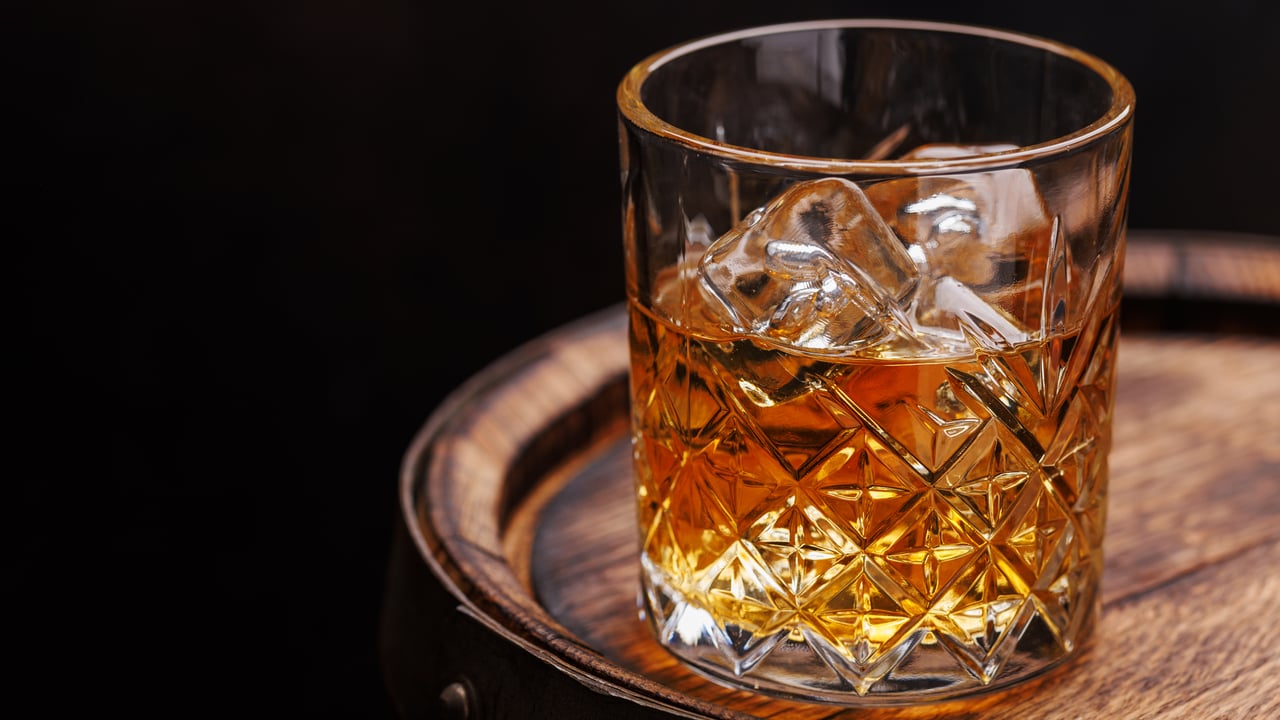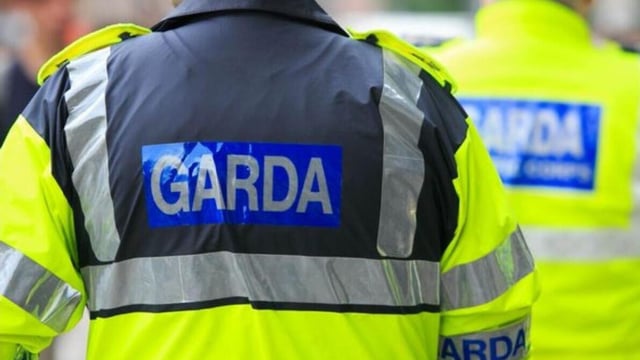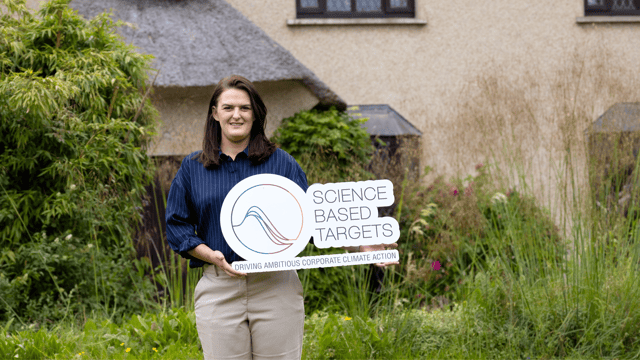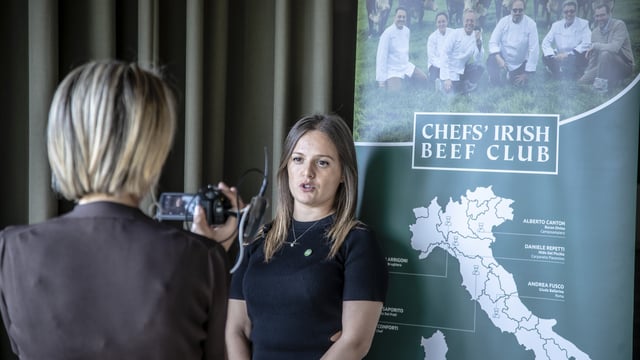Report: Counterfeit drinks cost Ireland €40m in sales annually
Authorities seized counterfeit food and drink products worth €91 million in a single EU wide operation last year, according to a new report.
The European Union Intellectual Property Office (EUIPO) said that the fraudulent foods and beverages found contained dangerous substances including methanol, mercury and toxic pesticides.
Counterfeit products are often associated with luxury goods or the clothing and fashion sector.
However, according to the 2022 Intellectual Property Crime Threat Assessment, foodstuffs – particularly cookies, pasta, crisps and sweets – were the second most seized category of products at the EU's external borders in 2020.
Counterfeit
The EUIPO said that wines and spirits face one of the highest counterfeiting rates compared to other products, with annual losses in sales of €2.3 billion and nearly 5,700 jobs in the EU.
In Ireland alone, €40 million in sales are lost each year in this sector across the EU.
A recent report from Europol highlighted that the growth of e-commerce has provided counterfeiters with new avenues to distribute fraudulent food items, making it increasingly difficult for consumers to identify authentic products.
The report said that criminals manipulate food labels and packaging and also adjust manufacturing processes, targeting high value products.
Last year's joint operation involving Europol and Interpol resulted in the seizure of counterfeit products worth € 91 million, which included 22,000t of food and around 850,000 litres of (mostly alcoholic) drinks.
The operation also resulted in 11 criminal networks being dismantled and 278 people being reported to judicial authorities in connection with the counterfeits.
China and Turkey were among the most frequently reported countries of origin for counterfeitfood and drinks seized at the EU’s external border in 2019 and 2020.
The European Union has over 3,600 registered geographical indication (GI) products, which are a mark of authenticity.
Ireland's GI products include Irish Whiskey, Irish Grass Fed Beef, Sneem Black Pudding and the Waterford Blaa.
Campaign
The EUIPO has launched the What's on your table? report as part of its campaign for World Anti-Counterfeiting Day.
The campaign provides practical advice for consumers on how to protect themselves against counterfeit products including:
- Buy from official retailers and distribution channels;
- Verify product labelling and origin;
- Check for EU Geographical indication (GI) labels;
- Examine packaging and products for flaws or spelling mistakes;
- Use authentication tools like QR codes and holograms.
Joao Negrao, executive director of the EUIPO, said that the health risks from fraudulent foodproducts remain a primary concern.
"The counterfeiting of beverages, particularly alcoholic drinks, remains a significant issue, with organised crime groups employing sophisticated methods to deceive consumers.
"Counterfeiters frequently reuse original bottles or print fake labels to place on empty bottles, making it harder for consumers and authorities to distinguish between legitimate and fraudulent products," he said.





